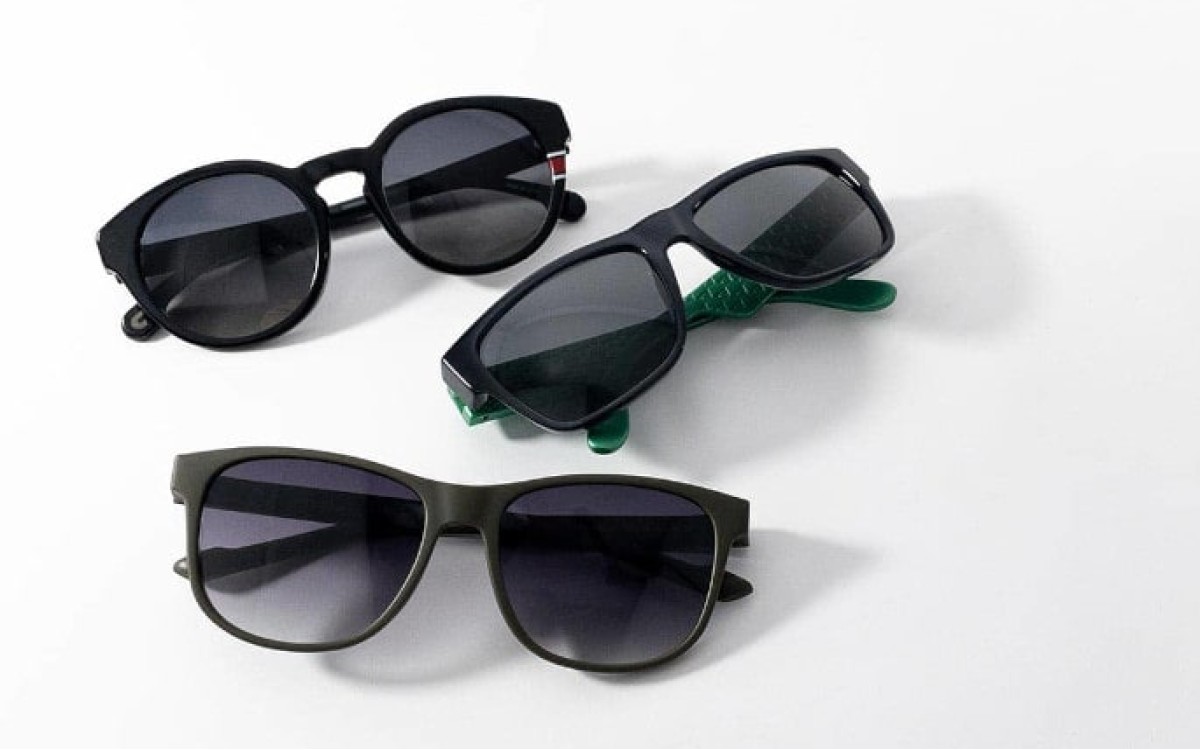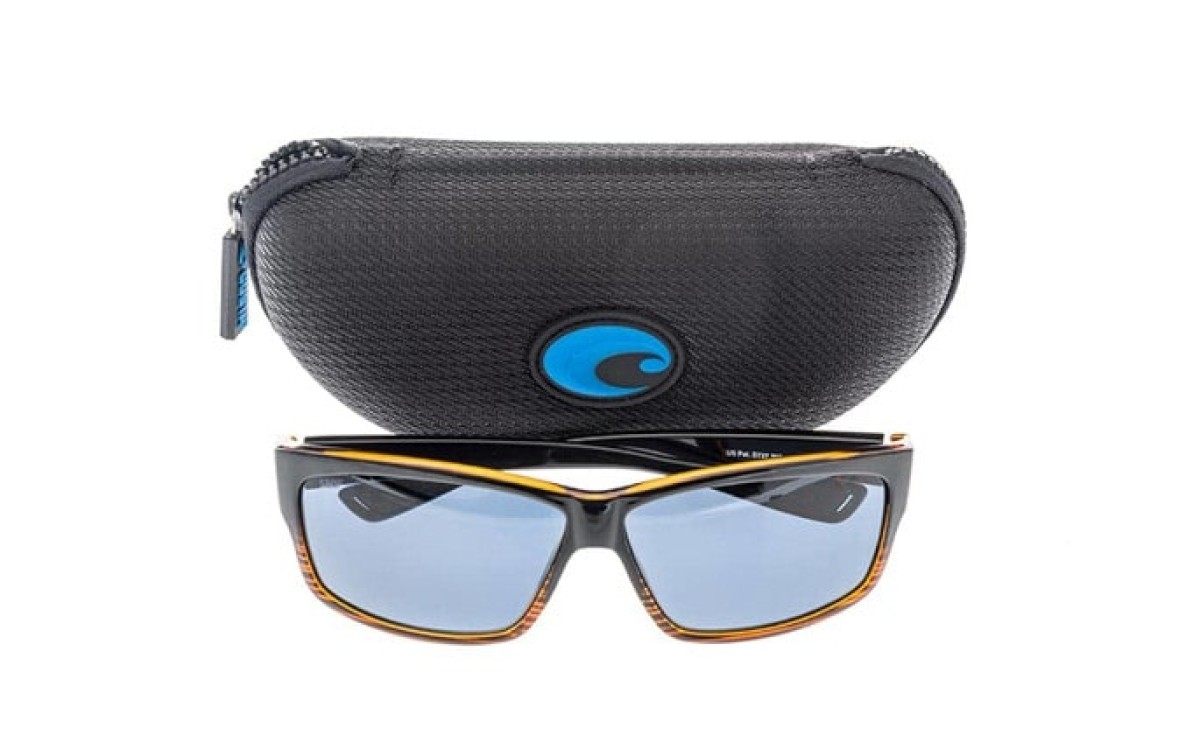Wearing sunglasses is a common practice, especially during sunny days or when spending time outdoors. While most people wear sunglasses to protect their eyes from the sun's glare, there is actually a scientific reason behind it. In this blog post, we will explore the science behind wearing sunglasses and how they can benefit our eye health.
The Importance of Sunglasses
Let us get this clear – Sunglasses are the key to better eye health, especially if you love being outdoors during sunny days. Sure, there’re classy accessories. But there are numerous health benefits to rocking your favorite shades as well. So, if you're wondering why do people wear sunglasses? Here are the main sunglasses health benefits.
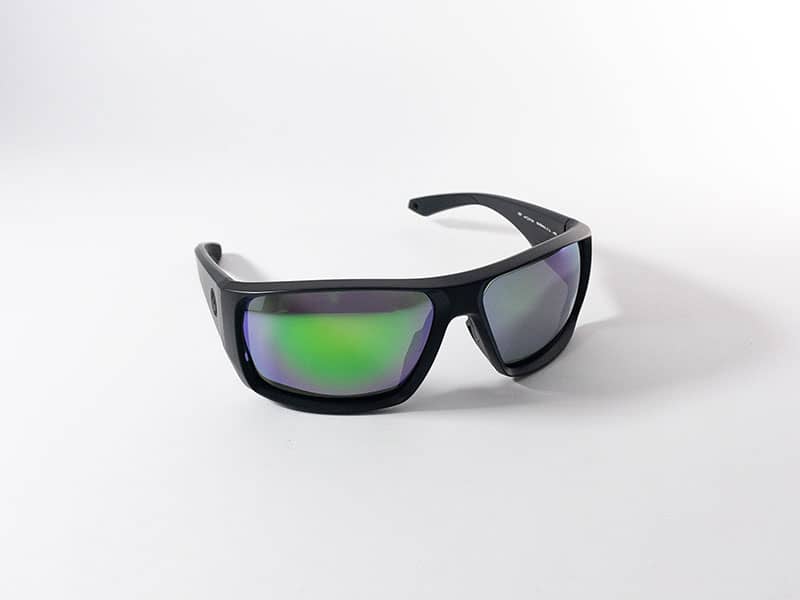
Protection from UV Rays
We are all aware that too much sun can cause damage to the skin. Unfortunately, up to 94% of people do not know that the sun’s UV rays can also damage their eyes in minutes. The most significant benefit of wearing a pair of quality sunglasses is that they offer 100% protection from UV rays. UV light penetrates the delicate eye tissue more easily than visible light and is associated with various eye problems such as glaucoma. Now that you know the relationship between sunglasses and eye health, you can choose the best sunglasses for you. If you are interested in learning more about how UV Rays impact your vision, here is our guide to UV protection sunglasses.
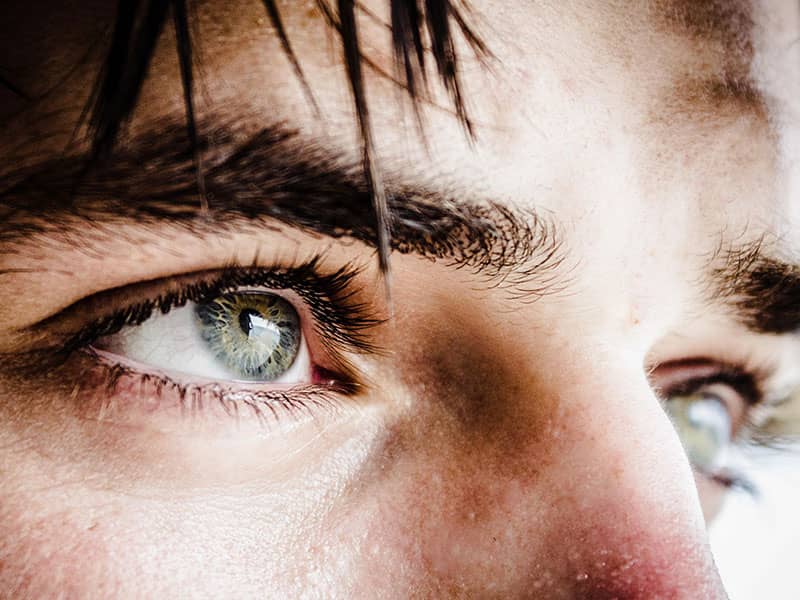
Prevention of Eye Conditions
Besides skin conditions such as melasma, overexposure to the sun can cause various eye problems such as the development of cataracts; a condition that causes clouding in the eye lenses, significantly affecting vision. It can also lead to macular degeneration.That said, an annual eye exam might help you catch these problems early on before they progress into major issues.
Sometimes, you might have to undergo eye surgery to correct your vision. In such cases, always remember to wear your sunglasses for utmost protection during healing and recovery.

Reduction of Glare and Eye Strain
While the sun brings the much-appreciated light and warmth to the planet, it can sometimes be blinding to your eyes. Some people are sensitive to the light and might have to hold their hands up or squint to block the sunlight. Besides, when the sun reflects off water, it can cause photokeratitis, a painful sunburn on the front part of the eye. This can impact your vision and become a safety concern when driving, biking, among other outdoor activities. Wearing sunglasses will help you see better and be safe.
Protection Against Blue Light
Also known as High-Energy-Visible, blue light is the visible light that can be seen by the human eye. The sun is the major source, but popular electronics can also emit it, and it has been linked to damage to the retina. Fortunately, blue light blockers (like blue light-blocking glasses) are available to help filter it away. Photochromic lenses are a great alternative for such cases.
Vision Protection
Wearing the right size of quality sunglasses will protect your vision and wrinkles year round. Besides being a physical barrier, your shades will protect you from dust, and wind, among other elements that might irritate your eyes, impair your vision or cause permanent damage.

Children
Do you wonder why kids need sunglasses? Well, you are not alone. As you walk through the streets, you will be surprised by the number of adults wearing shades while their kids do not. Sunglasses should be a crucial element of your child's daily outdoor routine. Children are exposed to significant amounts of sunlight in the early, explorative years, which might have a cumulative effect. Besides, with the current rate of ozone depletion, our kids are at a higher risk of UV than when we were growing up. That said, we recommend the use of sunglasses from early ages.
The Argument Against Sunglasses
Rocking your favorite sunglasses has numerous health and function benefits. But when does it become 'too much'?
Natural Protection of the Eyes
Besides the numerous advantages that come with wearing sunglasses, we should not overlook the importance of natural light. Sunlight stimulates the photosensitive cells in the retina, which is directly connected with the brain's pituitary glands. According to numerous studies, natural light is also good for eye development in children.
Finding a Balance
If you are used to wearing sunglasses every time, you miss out on the beneficial wavelength of natural sunlight rays. Besides providing nutrients to the eyes, sunlight falling on your eyes, among other body parts, has been found to regulate sleep hormones. You might also suffer from eye fatigue, which impacts your eye's adaptation to different lights. It is, therefore, crucial to balance the hours you wear your sunglasses. This way, you can protect the eyes without causing adverse effects.
Other Ways to Protect Your Eyes from UV Light
We love the sun, and we love bathing in it during the beautiful spring and summer days. However, like everything else, moderation is key. Too much sun exposure on your eyes can impact your vision and general eye health. Here are a few ways to protect your eyes in the summer.
- Healthy dieting
- Always double-check your medications
- Do not stare directly at the sun
When to Wear Sunglasses
Contrary to popular opinion, sunglasses are not only beneficial on sunny days. In fact, they are a necessity all year round, including the cool and cloudy winter seasons. Get the most safety out of our sunglasses during sports, among other outdoor activities such as swimming and hiking.
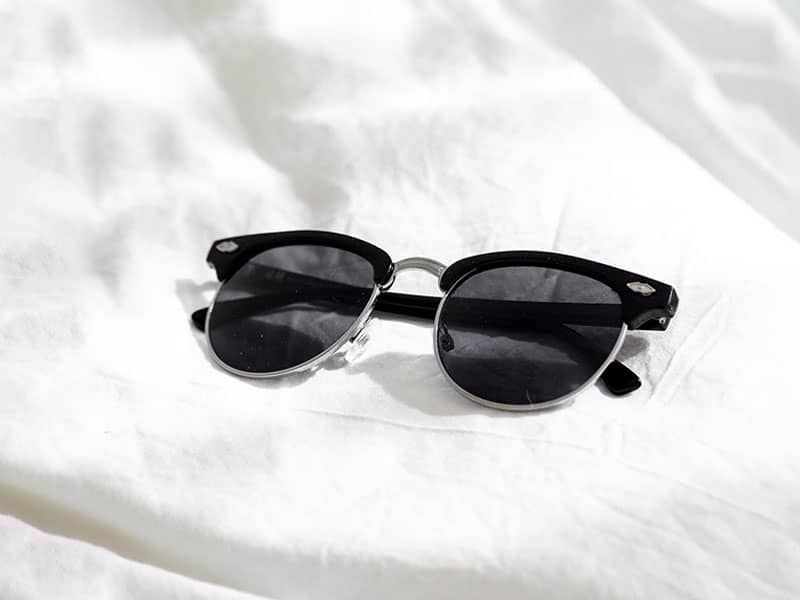
Choosing the Right Sunglasses
There are several factors you should consider when choosing a pair of sunglasses. These include:
UV Protection Certifications
Always go for sunglasses that offer 100% UV protection. Be sure to check the sticker/tag that indicates that the shades can block 100 percent UV rays. Sometimes, the label might read "UV absorption up to 400 nm", which is the same thing as 100 percent UV absorption.
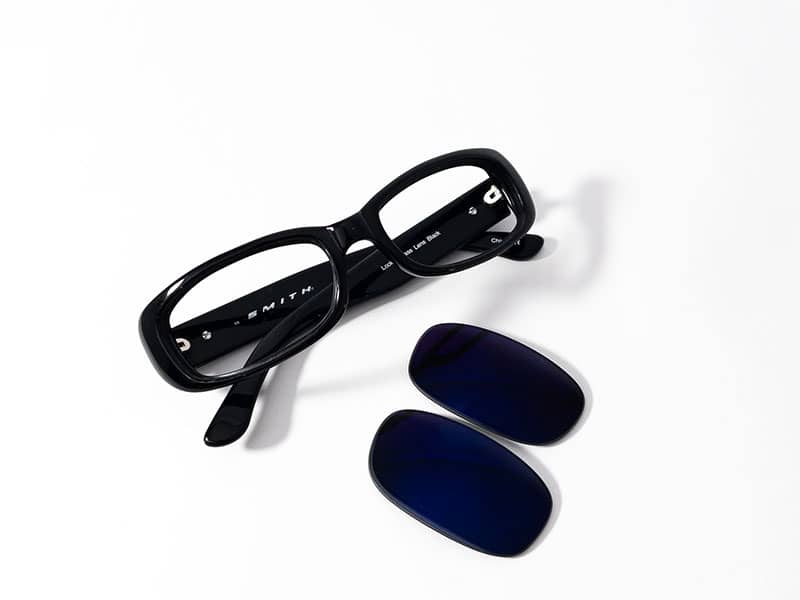
Lens Color and Tint
Sunglass lenses come in numerous colors, including green, gray, pink or brown. These do not have a significant impact in blocking the sunlight but can affect visual contrast. Some lens colors can greatly increase contrast, which might be helpful to athletes, basketball and golf players.
Fit and Coverage
Size is a great factor when it comes to choosing the right pair of sunglasses. The goal is to ensure that you find your perfect fit. Today, most people are going for wraparound or oversized glasses as they are fashionable, comfortable, and minimize the amount of UV rays penetrating the eyes.
Not Just a Fashion Statement
So, why should you wear sunglasses? Well, sunglasses are much more than a fashion statement. They boast numerous benefits to your eye health, including protection against UV lights, glare and a wide range of sun-related conditions. Unfortunately, even the most durable eye lenses eventually become less effective and unreliable in protecting your eyes from harmful ultraviolet rays. You will, therefore, have to replace them. How frequently you replace your lenses will depend on how frequently you use them and the intensity of their sunlight exposure. However, when you are ready to revamp your favorite shades with a new look, all our lenses come with guaranteed 100% UV block-out as standard and you can find your replacement sunglasses lenses here.






